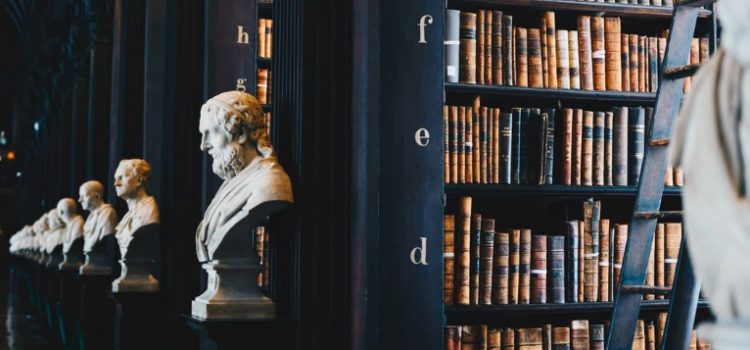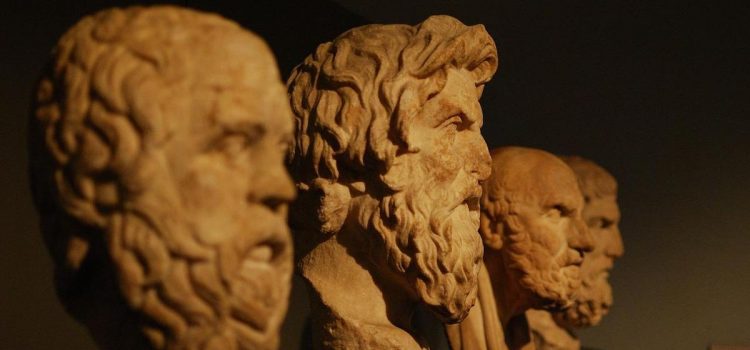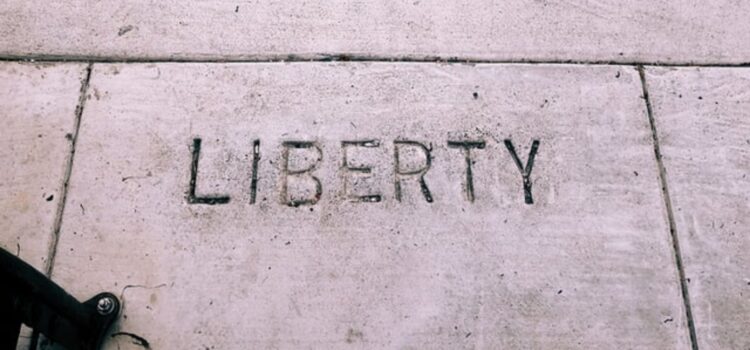What is Friedrich Nietzsche’s happiness philosophy? What are his thoughts on pursuing happiness? In Thus Spoke Zarathustra, Friedrich Nietzsche explains his views on life, love, happiness, and ultimately human existence. According to Nietzsche, you should focus on finding happiness and joy for yourself while allowing room for discomfort. Read on to learn about Nietzsche’s philosophy of happiness, including a brief learning exercise.
Nietzsche on Happiness: Balancing Joy & Discomfort










